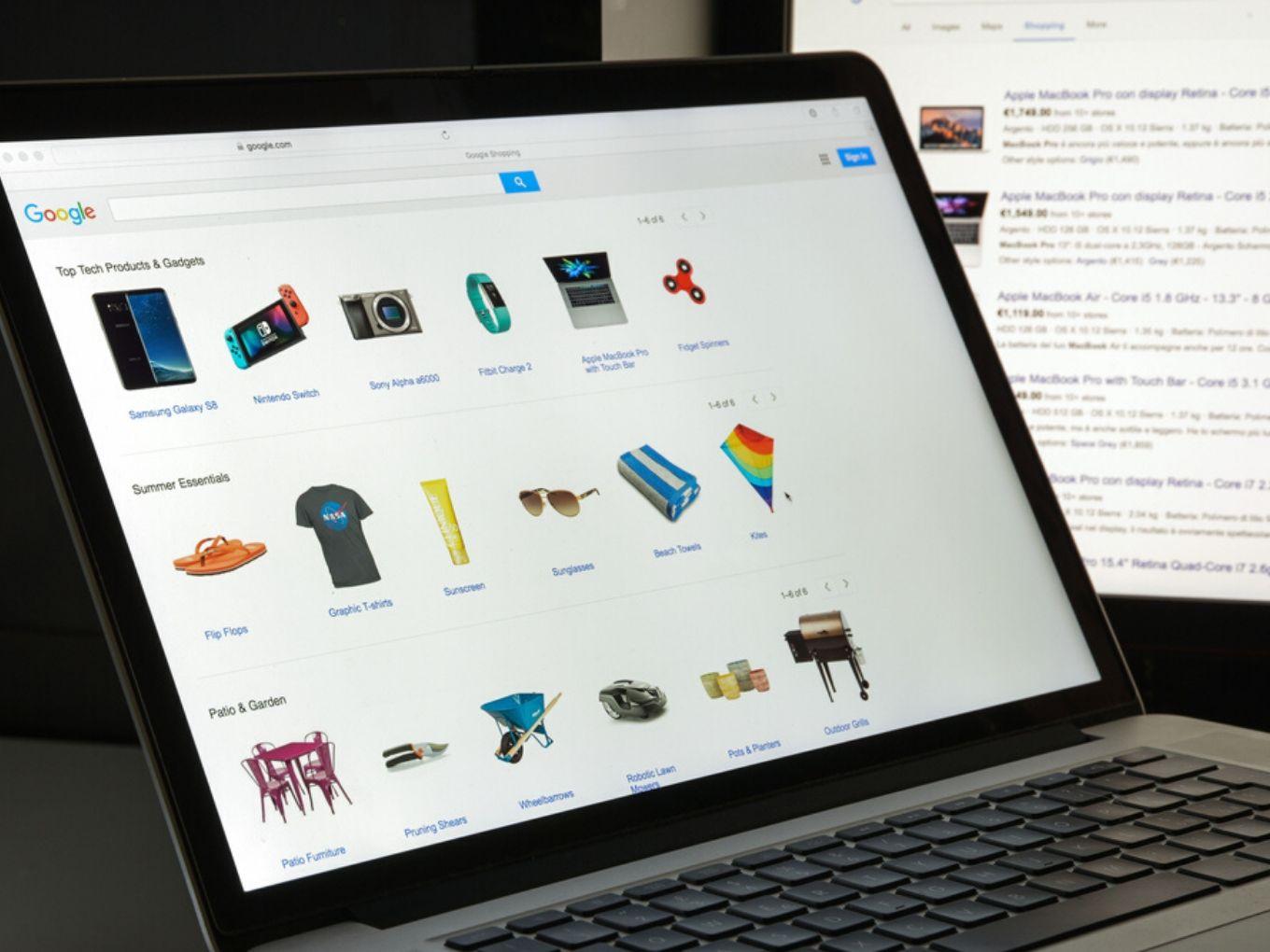
The platform is already available in UK, US, Brazil and Japan
It will allow local stores to list their inventory online in real-time
Meanwhile, CAIT is looking to bring more traders on board on its ecommerce platform
Tech giant Google is reportedly making a significant change to help local brick-and-mortar stores create a virtual inventory and connect with consumers online. The pilot being tested in Google Shopping platform will let these stores create a virtual inventory and connect with consumers online. The company believes that the move will help small and medium business (SMBs) adapt to changes in shopping behaviour easily.
According to an Economic Times report, the platform would allow offline stores to list the products available with them on the search page itself. With this, the consumers can scan the products and variants available in the nearest store. Besides this, customers can also compare the price difference too. Google currently runs its local inventory ad programme in 14 countries, including the US, UK, Japan and Brazil.
A person, close to the matter, told ET that Google plans to utilise altered customer behavior, where there is likely to be a spike in online shopping. The company’s executive said the plan is likely to debut in India soon.
Lenskart Joins The Pilot?
A Google spokesperson denied to comment on the new features but highlighted that the company has done a few pilots on local inventory ads, but it does not have a formal timeline to launch in India. Google may also add chat and appointment features to make it simpler for the consumer and seller to connect, a few company executives had previously said in a workshop for retailers.
The report noted that Lenskart and Sangeetha Mobiles had also been part of the pilot. While Sangeetha Mobiles’ director Chandu Reddy declined to comment on the development, Lenskart cofounder Amit Chaudhary added that the company has integrated store inventory with Google to allow its customers to access products by just searching on Google.
Chaudhary believes that it is a great way for shoppers to connect to stores digitally, browse complete inventory, book appointments and get all the help even before stepping into the store.
According to an IBEF report, the Indian ecommerce segment is expected to reach $200 Bn value by 2026 from the estimated $38.5 Bn in 2017. The report had attributed this growth to the increase in internet and smartphone penetration.
What Does It Mean For Amazon, Flipkart And Others?
With the Covid-19 scenario hitting India, several industry experts have highlighted that there is a further impetus for digital adoption across sectors and segments. This would mean a push for digitization of services across sectors including the SMB. With this push, SMB players are also looking to reduce their reliance on ecommerce players like Amazon and Flipkart.
Recently, the Confederation of All India Traders (CAIT) decided to launch their own ecommerce portal, bharatemarket, next month to reduce their dependence on private companies, but not give up on the opportunity to go digital as well. The association is looking to offer all products ranging from groceries to shoes through the portal, without compromising on the quality of the products. It has also assured stringent actions against those selling counterfeits, and no commissions from any seller listed on the platforms.
Praveen Khandelwal, CAIT secretary-general, had also highlighted that the traders body was never against ecommerce companies, but against the practices followed by private companies like Amazon and Flipkart. Now with Google coming into the picture, the competition seems to get tougher for Amazon and Flipkart, who have been accused of eating into traders’ revenues through predatory practices and deep discounting. Besides this, the new platform would also allow the sellers to have greater control over their pricing.
Besides Google’s potential entry with inventory ads, the ecommerce and grocery delivery segment has recently gotten even hotter with the Reliance Jio and Facebook deal, which aims to push for inclusive digitisation and bring over 60 Mn Indian small businesses under the digital economy umbrella. After this deal, Reliance Jio-owned grocery delivery platform JioMart also made a debut on Facebook-owned messaging platform WhatsApp to allow the customers to place orders more conveniently.































 Ad-lite browsing experience
Ad-lite browsing experience